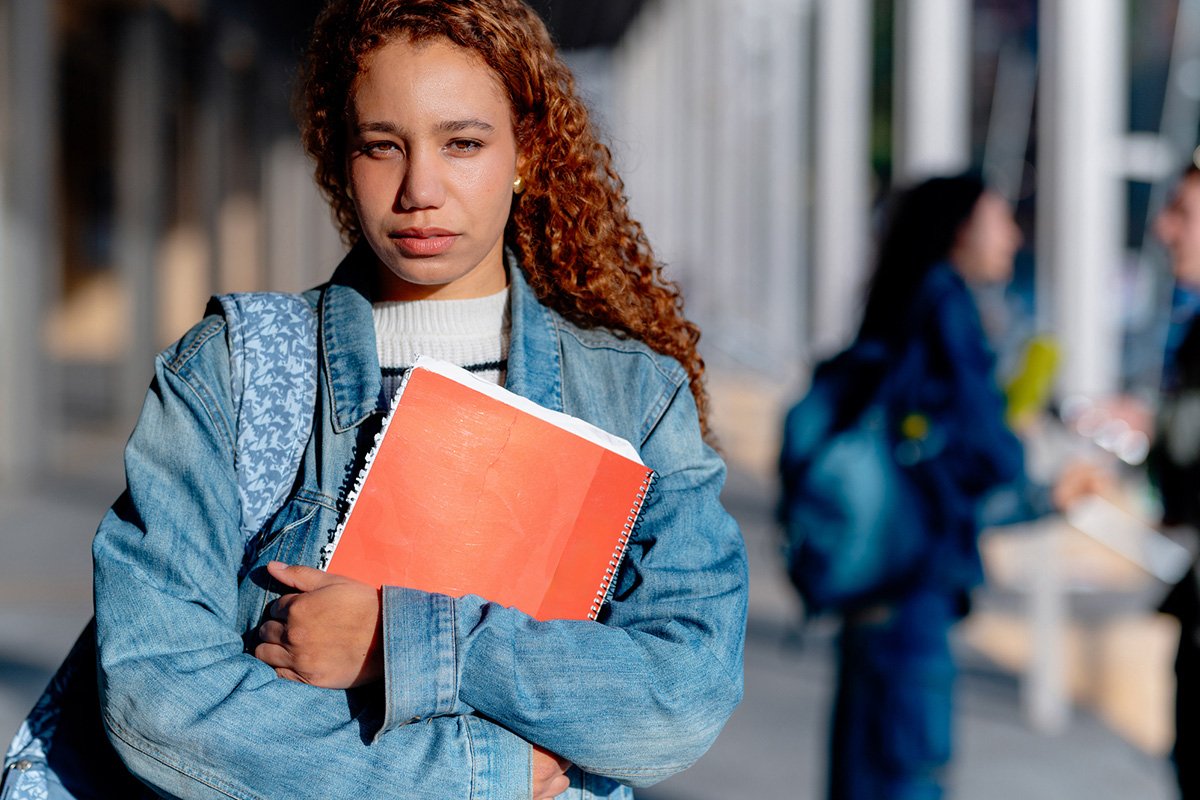
Sixty years ago, in a powerful testimony at the Democratic National Convention (DNC), Fannie Lou Hamer, an impoverished Black sharecropper, detailed the brutality she faced for attempting to register to vote in rural Mississippi. She was arrested and beaten so severely in a Mississippi jail cell that she was left permanently disabled. Her testimony was a critical turning point in the fight for voting rights. One year later, then-President Lyndon B. Johnson signed the Voting Rights Act of 1965, which granted Black women the protected right to vote.
For many Black women, the right to vote is personal. They understand that it was fought for by Hamer and many others who are left unnamed in history books. Since attaining the protected right to vote, Black women have become a critical voting bloc. For them, voting is a way to make their concerns heard and uplift the issues most important to them.
As they head to the polls this year, many Black women do so with new enthusiasm for the possibility of electing a Black woman as president for the first time in history. In the weeks before Biden officially dropped out of the election, pundits initially raised doubts that Harris would be able to gain traction as the nominee if Biden were to step down.
“Behind every number is a face, a person, a story.”
But on July 21, hours after President Joe Biden announced that he would withdraw from the presidential race and endorsed Vice President Harris to succeed him, at least 44,000 Black women from across the country gathered on the Win With Black Women Zoom call, which has been convening weekly since 2020. In just four hours, they raised more than $1.6 million.
Shifting Focus Toward the Most Impacted
As Black women wield their power in this historic moment, many note that they are guided by women who came before them, like Hamer and Shirley Chisholm, who became the first Black candidate for a major-party nomination for president and the first woman to run for the Democratic Party’s presidential nomination when she ran in 1972.
However, they are also concerned about ensuring that those who are most marginalized have a seat at the table.
“Behind every number is a face, a person, a story. I try to impart on my team that it’s not just about the numbers, it’s about the people. It’s about the people because [the] government—all of this—belongs to us,” said Jara Butler, the chief impact officer of Supermajority, an organization that seeks to mobilize young women voters, in an interview with NPQ.
Among Supermajority’s cofounders are Alicia Garza, a cofounder of the Black Lives Matter movement; Ai-jen Poo, the president of the National Domestic Workers Alliance; and Cecile Richards, the former president of Planned Parenthood. The organization has a shared understanding that the voices and stories of those who are closest to the pain should be centered in political and policy discussions.
“I can’t allow my children, my children’s children, to go through what I’ve gone through.”
Growing up in a rural community in Texas, Butler saw firsthand how those who make political and policy decisions are often disconnected from the people they impact. She remembers sitting in a courtroom at 13 years old and seeing her uncle for the last time after he was sentenced to an exorbitant amount of time for drug offenses.
“Even now, I carry that,” Butler said. “I think that 13-year-old girl is still inside of me, and she’s a little bit more temperamental, and she definitely is a part of me that’s like, ‘Let’s just do the work. Let’s just get things done—because real people matter.”
Throughout this election season, Supermajority has engaged in efforts to canvass and hear from those most marginalized, specifically in areas where they are often ignored—like rural communities. Emily Gale, Supermajority’s lead program manager in Pennsylvania, is helping to lead this effort.
Born and raised in rural Pennsylvania, Gale is a longtime political organizer. She even ran for mayor in Williamsport, PA, in 2017 to show others they could be a part of the political process. Though she did not win, her goal was accomplished: showing citizens that if they were disgruntled with their elected officials, they could do something about it.
Like many Black women, she also understands what it is like to not be listened to. She reflects on an instance when she was pregnant and was not taken seriously by her doctor when she brought up concerns about her health. This experience motivates Gale as she listens to women talk about their issues.
Sign up for our free newsletters
Subscribe to NPQ's newsletters to have our top stories delivered directly to your inbox.
By signing up, you agree to our privacy policy and terms of use, and to receive messages from NPQ and our partners.
“I can’t allow my children, my children’s children, to go through what I’ve gone through. It’s my purpose to get other people—local people who feel like they’re stuck – to have a voice and become active and be able to change the course of history,” she said.
For the past few months, Gale has spent much of her time canvassing neighborhoods in Pennsylvania, knocking on doors and hearing directly from voters about the issues that are important to them. Gale makes it clear that Black voters often don’t get enough attention in Pennsylvania. Often, political analysts leave out Black working-class voters when they talk about working-class voters—but Supermajority is intentional about shifting this narrative.
“We understand that Pennsylvania is perpetually a battleground state, so we are having values-based conversations because we recognize that women, especially Black women, vote based on behavior and real bread-and-butter issues,” she said.
“No matter what happens November 5, the problems don’t end just because of the election….There’s still work to be done.”
The Fight beyond the Elections
A poll conducted by Supermajority’s sister organization—Supermajority Ed Fund—found reproductive healthcare is one of the top concerns for rural women. That includes access to abortion, but also many other components.
“Our respondents said that it’s about reproductive healthcare, it’s about maternal mortality, it’s about access to care, it’s about medical racism, but it’s also about proper screening,” Butler said.
Butler noted that the survival rates of breast, cervical, and ovarian cancers are lower among Black women, and that may not be the case if they had access to earlier screenings.
Butler also acknowledged that young women across the country are raising concerns about the economy and their ability to afford their basic needs. When Supermajority talks about this concern, they use the term economic wellbeing.
“The fact of the matter is they’re concerned about being able to buy groceries, gas, and the ability to make their utility payments and afford childcare,” she said.
Young women, particularly young women of color, are also deeply concerned about policies like those included in Project 2025. To them, it is not something that might be implemented sometime in the future—it has already begun to take form.
“Look no further than what’s happening with the Fearless Fund, the dismantling of affirmative action, the attacks on diversity, equity, and inclusion—as if that’s a dirty word,” Butler said. “These are things they are concerned about. These are all priorities for them, and for the Education Fund and Supermajority, this is a priority for us.”
As Supermajority organizers continue to uplift the concerns of those most impacted, they do so with the understanding that things likely will not change overnight, but that it’s important to plant the seeds of change.
“No matter what happens November 5, the problems don’t end just because of the election,” Butler said. “The problems can increase or decrease, but the fact of the matter is that there’s still work to be done.”










